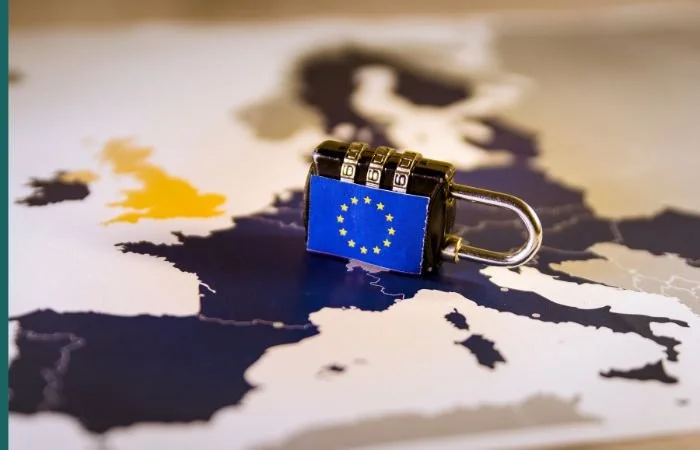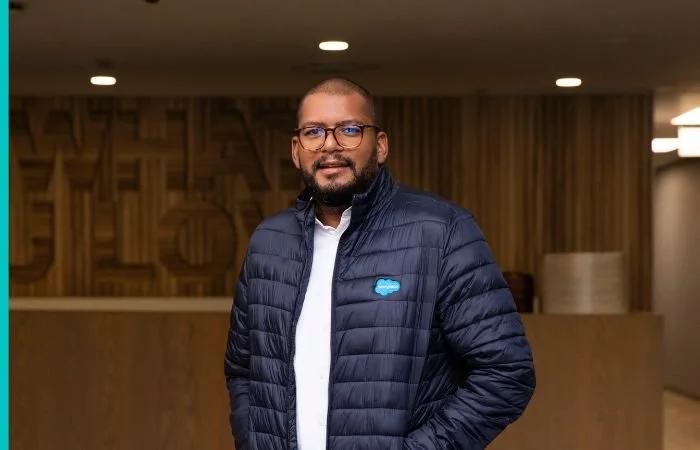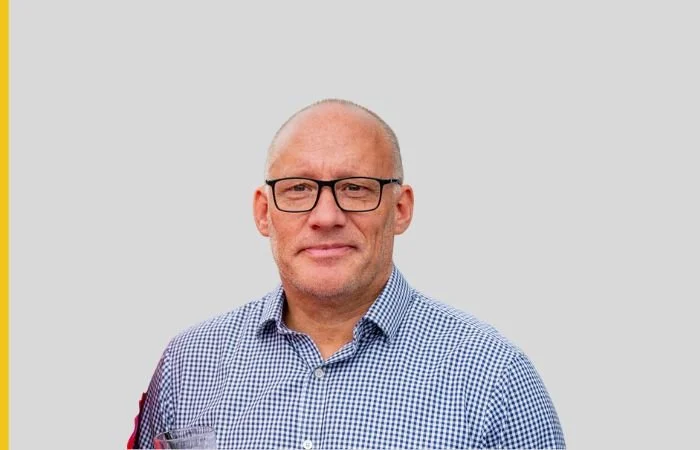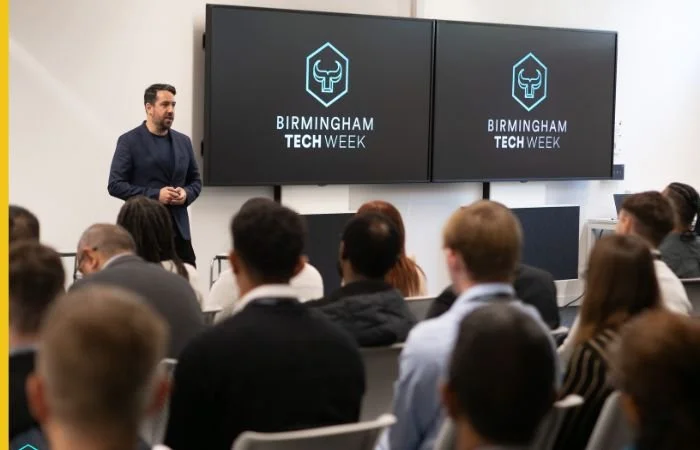Meet the founder of Jobbatical

I'm super excited to be having this conversation with you. Who is Karoli Hindriks and what is Jobbatical?
I am the founder of Jobbatical, a marketplace that connects globally minded companies with a community of ready-to-relocate business, technology, and creative professionals. We like to think that we are helping to build a borderless world through jobs. We help organisations across 49 countries to discover and shortlist talent ready to join their teams in a new country. We can also support the immigration process in 32 countries.
Inspiration is always a great indication of why people launch businesses. Who or what inspired you to get started?
I got the inspiration for Jobbatical when I was in Silicon Valley studying at the Singularity University. I started to ask myself: why are amazing companies emerging from here and not anywhere else in the world? The answer I realised was because of knowledgeable people being drawn to this location.
So, I thought what if we inspire knowledgeable people to discover their dream locations in far-flung cities by moving there for a career journey? Instead of taking a two week holiday in a dream location, they could experience authentic local life by spending a few years there working for a local business. I started to work on that idea in 2014 and we launched at the end of the year. Setting up the company was technically simple in Estonia – it took just 10 minutes online. But, of course, the first year was challenging since in that early stage you just have the idea and no understanding if it will actually work. I found my first angel investors in Finland and then later on from Russia, UK, Estonia, and Latvia.
How do you set yourself apart from other businesses in your industry?
Jobbatical is the first start-up focused on connecting the tech industry with ready-to-relocate talent around the world. With the tagline ‘Hire the World’, Jobbatical sits squarely at the intersection of the future of travel, work and talent mobility. While many other companies provide job matching, Jobbatical differentiates itself with immigration assistance, client branding, copywriting and other support services.
How did you conquer those moments of doubt that so often affect entrepreneurs or stop many with great ideas – what pushes you through?
At the age of sixteen, I discovered that I had the power to change things for the better and then suddenly, I made it my goal to make a difference in the world. We all have limited time in this world - why not use that time to actually make things happen? So that is my most significant driver. But in my moments of doubt then building a vision is a bit like rock climbing, the main thing is not to look down since you may get dizzy but to move forwards, one challenge at a time and not look back. Otherwise, it may get overwhelming. I just try not to look down, but it does not always work out. Believe me, there is no day that passes by when I don't ask myself if I am the best person to lead that journey.
Who is your target audience?
We are a marketplace, therefore on the talent side we look for globally curious tech, creative and business talent. From the business side of things, companies who are having difficulties filling certain job roles locally and in general, organisations who are looking to boost cultural diversity within their teams to bring in new ideas.
What would be your number one tip for young entrepreneurs who are ready to launch their own business?
Learn to say “no”. I founded my first company from a high school project and became the youngest inventor of my country at the age of 16. It made me famous and soon enough, I was speaking in the European Parliament at the age of 19, was BusinessWeek's 20 top Entrepreneurs under 25 in Europe when I was 23! Because of this I was saying yes to every speaking opportunity, meeting requests, and to interviews without thinking about the impact it could have on my business. Today I am becoming the master of saying no. The requests have to qualify in at least one of the two brackets: 1) Will it help Jobbatical to grow? 2) Will it help my family? If it does not fit in there, then it is a no. It has helped me to become much more efficient.
If you could have one person record your voicemail, who would it be and why?
Trevor Noah! I think this is one person in the world who aligns well with my own and Jobbatical’s vision of the world. If everybody in the world could read his book “Born a Crime”, I'm sure we would have a more tolerant and peaceful world. So if you get Trevor Noah to record my voicemail, then I would start using voicemail :)
What’s first in the mornings, phone, book, laptop or me time?
Phone, unfortunately. Working between distant time zones has not been too good for my me-time.
What habits do you think helped you to become successful?
Constantly training my willpower. I try to push myself every day to do things that may not be comfortable for me. To get over my fear of heights, I went sky-diving. I was probably the worst and slowest runner in my class, but I turned it into my favourite sport and I run marathons.
How did you build such an amazing consumer culture around Jobbatical?
I believe one thing really exciting about today's world is that people want to do meaningful things. In an era where automation is taking over the tasks which do not really need much thinking then people can and are choosing paths where their time in this world makes a difference. At Jobbatical, we are helping to build a world without borders, a world where people come together with all their cultural quirks and differences and operate side by side without prejudice. I believe that is what helps to attract good, different, but globally like-minded people to our network.
What would be your top marketing tip, to grow a business that is so niche, yet incredibly timeless?
Use the power of storytelling, but be authentic and sincere in doing it.
What are your thoughts on failure as an entrepreneur?
Failure is part of the process. If we do not embrace or accept failure, then we have to stand still. At Jobbatical, we try to encourage failure, since if people are afraid to fail then they will not create. I wish our societies in Europe would encourage failure more, that way we would have more entrepreneurs. I also like how my mentor and investor, Andy Weissman from USV, says: “Failure is great, but let's just not make the same mistake twice.”










































































































